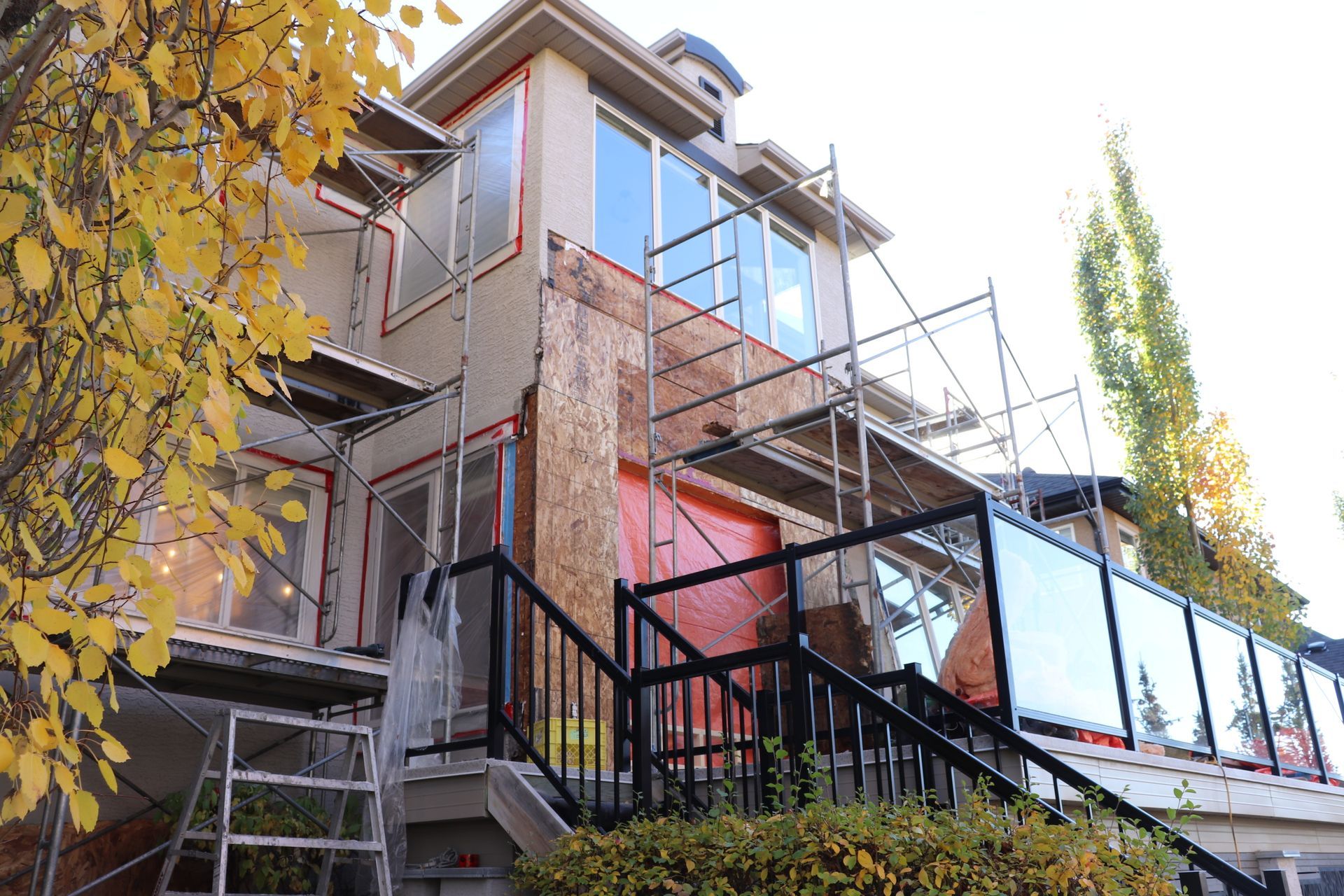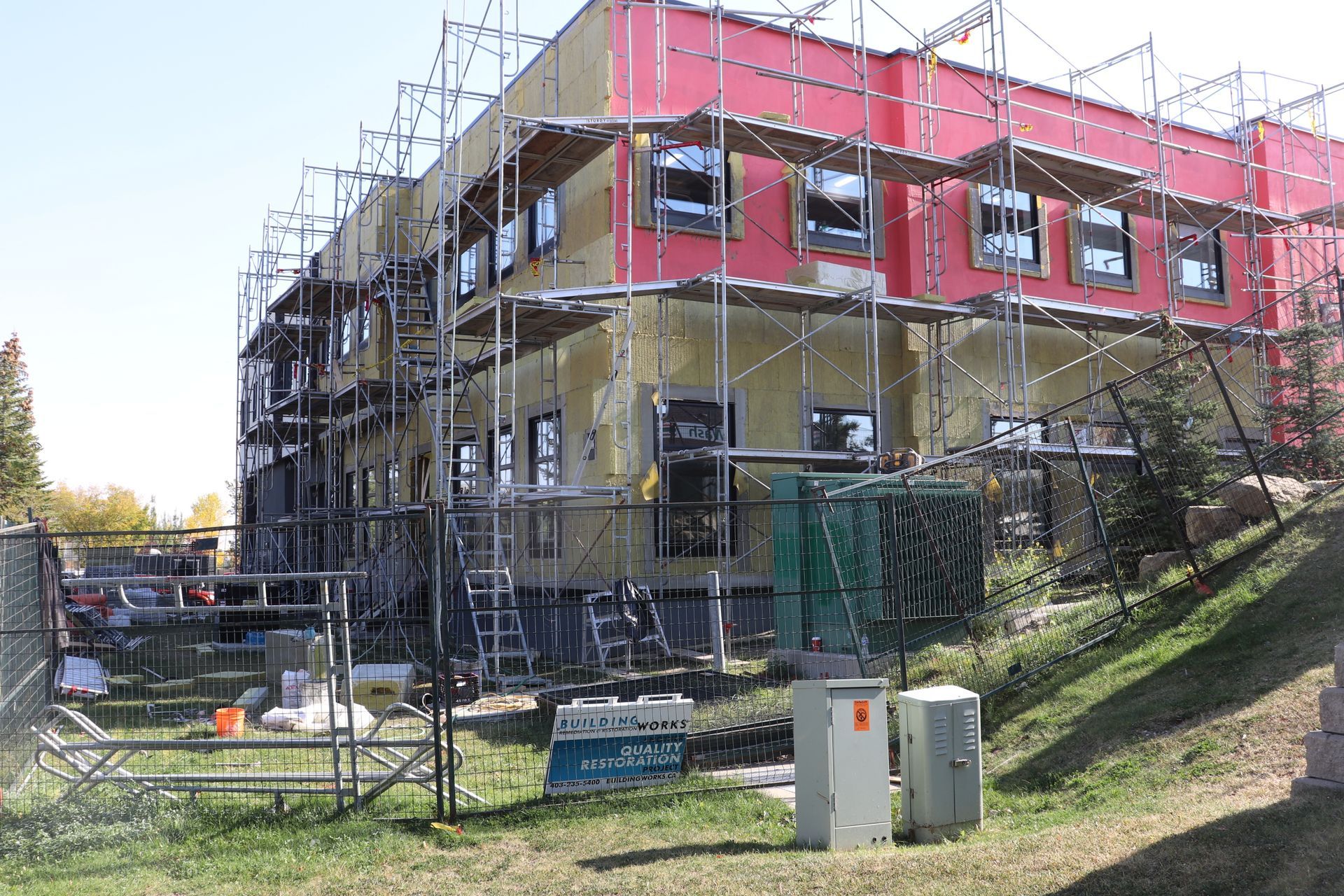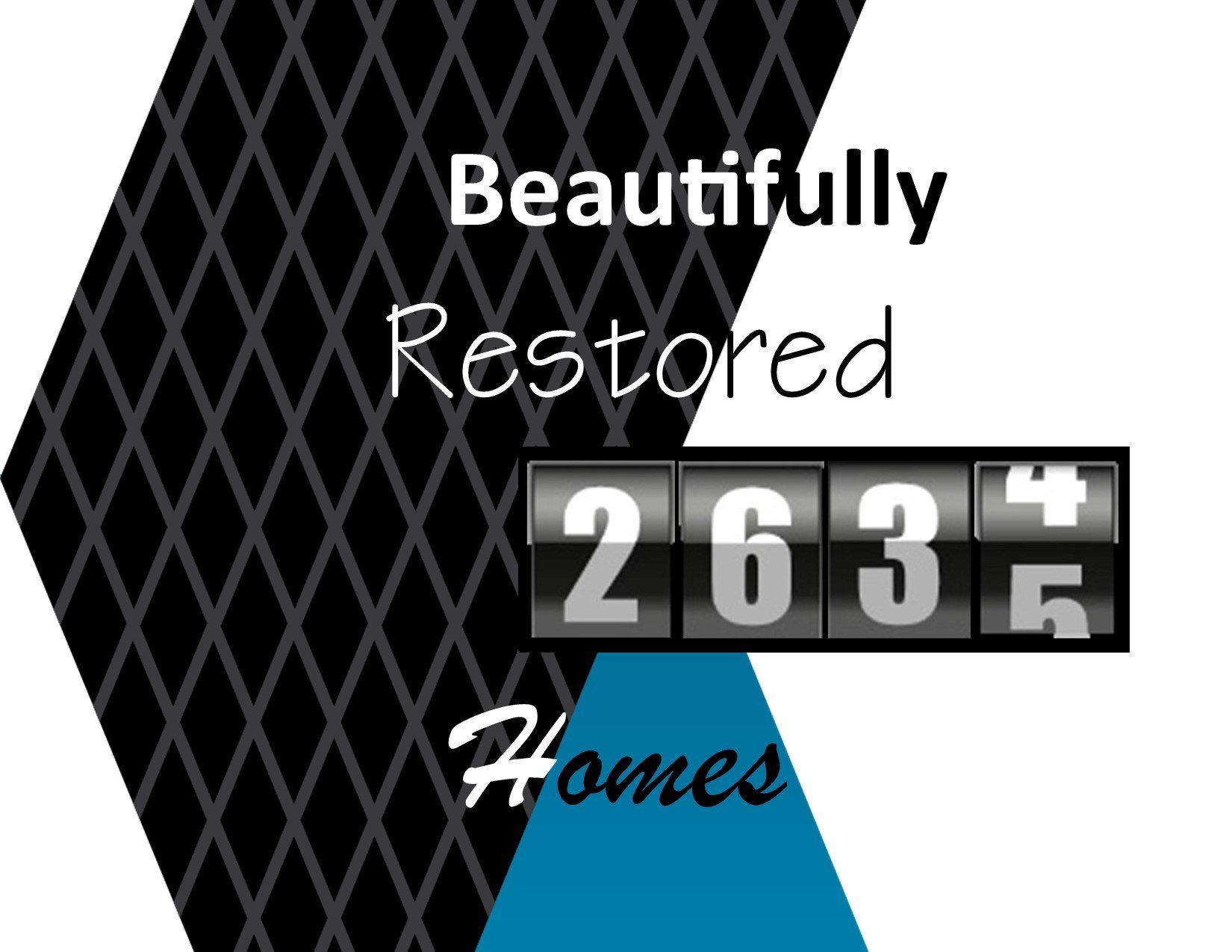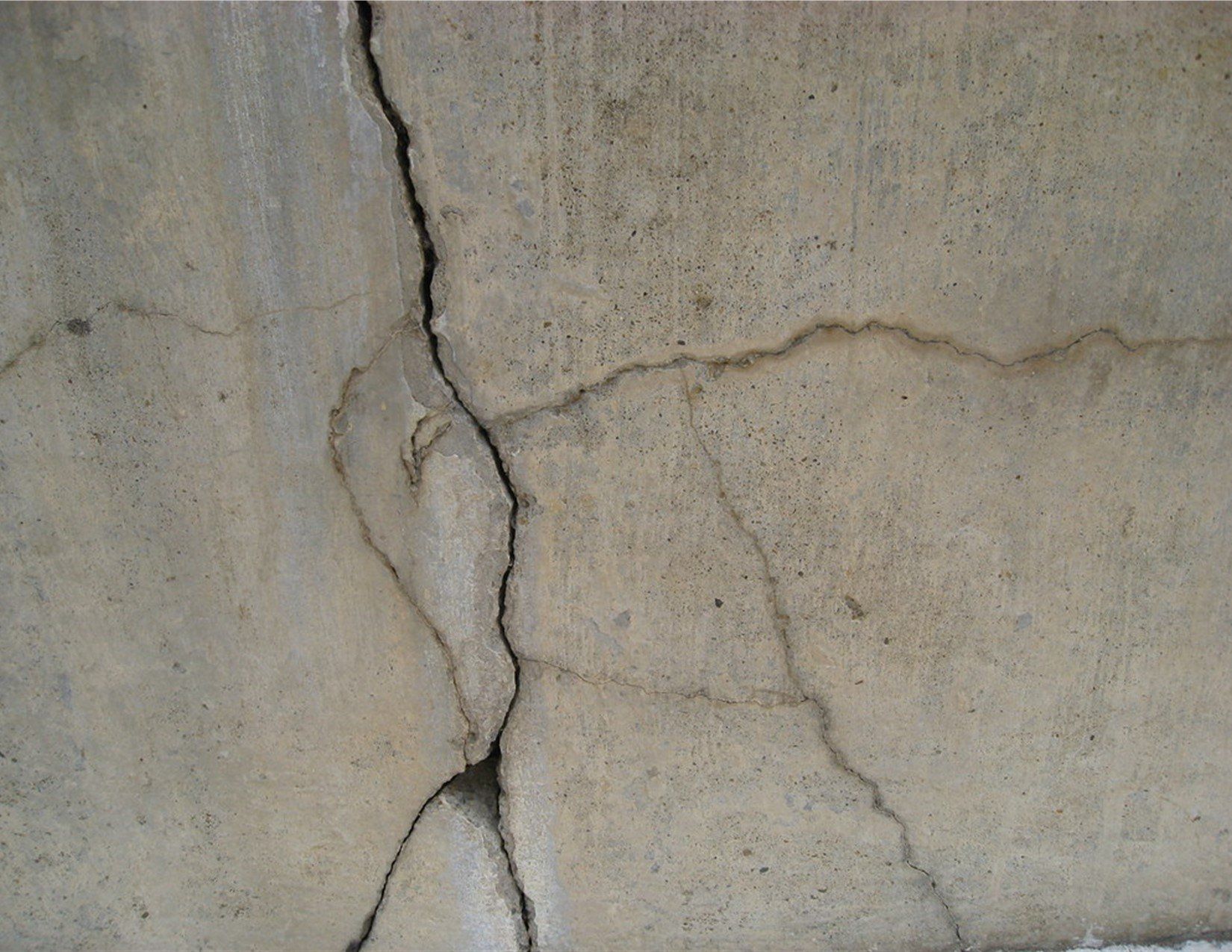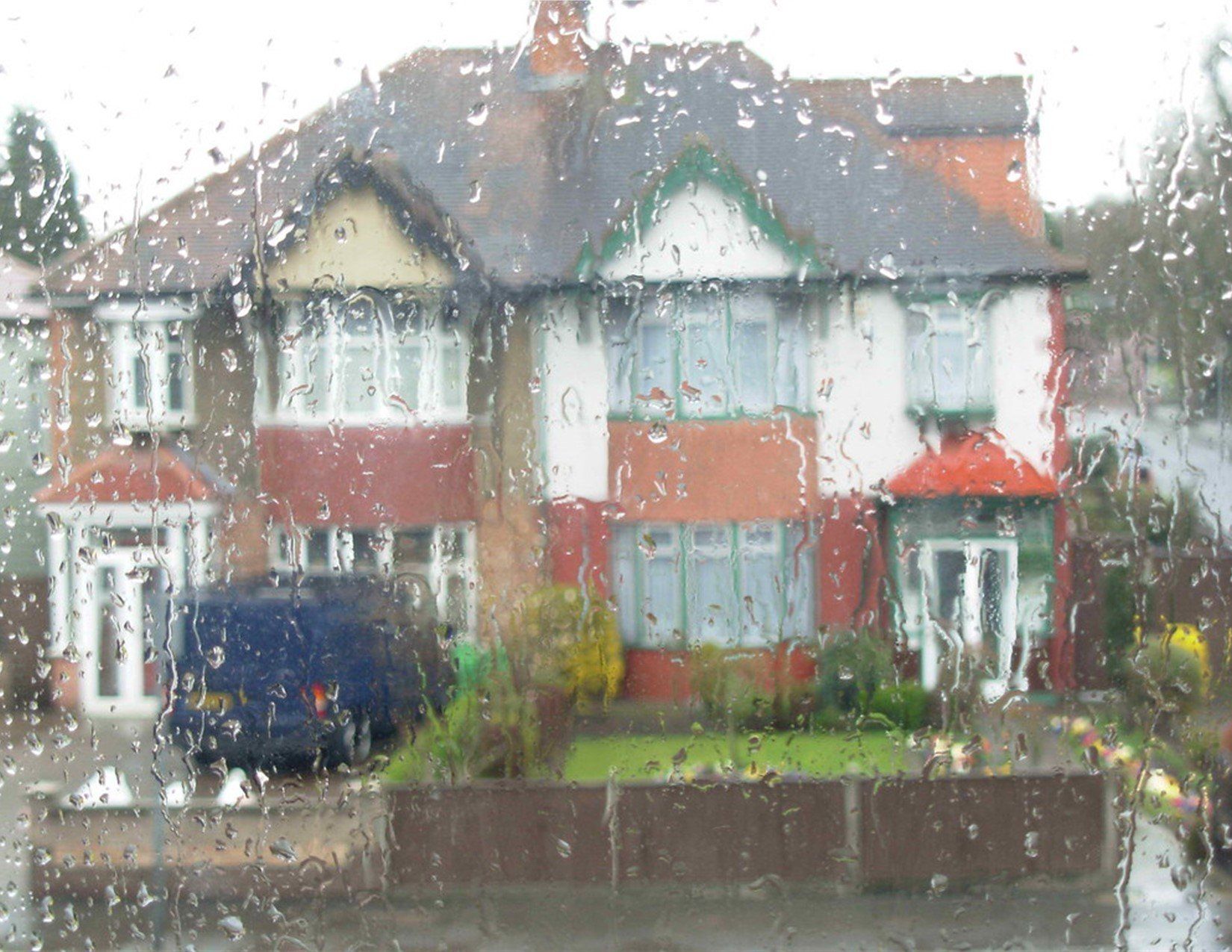What Causes Foundation Problems?
When you think of the word “foundation” what image comes to mind? Maybe something old, dingy, and spider-infested? Well, first of all, that’s not very nice! And second of all, you have the idea pretty much right. When we think of foundations, they are often something dingy and neglected.
A home’s foundation is essential to its long-term stability and strength, which is why it’s very important to understand the different types of foundations and their common issues. By learning what causes foundation problems, you can take preventative steps to keep your home safe and sound.
If you live in a home with concrete foundation walls (as many homes constructed during the mid-century do), you may have noticed some small cracks or chips in the surface. While these issues aren’t generally a cause for alarm, they can be indicators that there could be larger problems lurking below the surface. It’s important to understand what causes foundation problems so that you can take preventative measures as necessary.
What is a Foundation?
A foundation is a structure that supports the weight of a building. It's also known as a "footing" or a "basement." Foundations can either be aboveground (such as a pier and beam foundation) or below ground (such as a crawlspace or basement). A house's foundation is critical to its structural integrity and should be maintained regularly. Foundations are also important for indoor air quality, as they prevent soil and water from entering the home through cracks in the foundation.
Different kinds of foundations
A concrete foundation is the most common type of foundation. Reinforced concrete provides a strong, durable base that can support a variety of different types of framing. It consists of large concrete blocks or a slab of concrete that's poured on the ground. Other materials, such as cinder blocks or bricks, can be used to build a concrete foundation. Brick and other masonry materials are often used in areas with humid climates, as they're more resistant to moisture than concrete.
- Slab – is a concrete foundation that sits directly on the ground
- Solid – has no interior walls and is built on a concrete slab
- Pier – is an exterior foundation wall that's built on top of piers that go down into the ground. It is used in areas with wet, clay-like soil.
- Block foundations - are made from hollow concrete blocks stacked on top of each other in varying shapes and sizes
- Post – is a concrete or timber post that sits in the ground, and a frame is built on top
- Balloon – is a concrete foundation that's poured on a raised timber surface
- Braced frame – is a timber frame wall with a concrete or masonry slab on top
- Retaining wall – is a wall that supports soil above it
- Timber frame – is a wood frame that's built on top of the ground
- Stone foundations - are typically found in older homes. These foundations can be extremely costly to repair or replac
- Steel frame foundations - are not as common as other types but are also used as a way to support a home
What causes Foundation problems?
Excess moisture in or around a foundation can cause a wide variety of problems. Some of the most common issues are mold, rot and structural damage. Poor drainage, improper grading and water-retention issues can cause moisture buildup in the soil around a home’s foundation. This can result in the growth of mold and rot in the walls and flooring of the structure as well as rust and corrosion in the framing materials.
- Poor drainage - If there is poor drainage around a home’s foundation, water will have nowhere to go. This can lead to water pooling around the structure’s base, which will then be absorbed into the soil. Water that is trapped around a home can lead to moisture buildup and damage to the structure.
- Improper grading - If a home is not properly graded on the front and back sides, water can pool around its base. This can result in water seeping into the soil around the home, which can lead to moisture buildup and damage to the foundation.
- Water-retention issues - Retaining water in the soil surrounding a home’s foundation can cause a variety of problems. The soil can become too saturated and begin to shift, causing the structure to settle.
- Poor indoor air quality can be caused by waterlogged soil surrounding the foundation, which can lead to mold and rot.
Cracks in the foundation are caused by excessive settlement of the soil, freeze-thaw cycles, poor grading, and the load being applied to the foundation.
- Uneven settlement happens when one part of the foundation settles more than the rest of the foundation. This is often due to uneven settling of the soil under the foundation.
- Structural issues with the foundation can cause the interior walls to bow or crack. This is often caused by faulty construction when the house was built.
How to determine if you have a foundation problem
If you notice any of the above symptoms, you can use a moisture meter to check the soil around your foundation for moisture levels. If you are experiencing foundation problems, you should also watch for any visual clues that may indicate one or more problems. Visual indicators include:
- Check for cracks in the foundation, inside and out. Cracks can be one of the most obvious indicators that there is a problem with the foundation. Identifying the source of the crack can help to determine the best course of action for repair or replacement.
- Check for uneven settling of the structure - If the structure begins to settle a certain amount, it may be time to replace the foundation. Checking the building permit of your home as well as tracking any renovations can help you determine if the settling is normal.
- Check for any cracks, uneven settling, or discoloration in the walls or flooring of your home
- Check the basement for signs of water damage, such as rotting wood and mold growth, or crumbling concrete
What do I do now that I have discovered a foundation problem?
If you’ve discovered that you have a foundation problem, the best course of action is to hire a professional. At Building Works, we figure out why the problem developed to begin with, fix the problem, and then make sure the problem does not happen again.
Conclusion
If you notice signs of foundation problems, it's important to address them as soon as possible. A foundation problem can cause significant damage to the home. The sooner you catch it, the easier it will be to correct the problem. If you notice any of these issues in your home, be sure to contact us to fix the problem before it becomes too significant.
From foundations to rooftops, we work where water touches your building. Call us at 403-235-5400.

